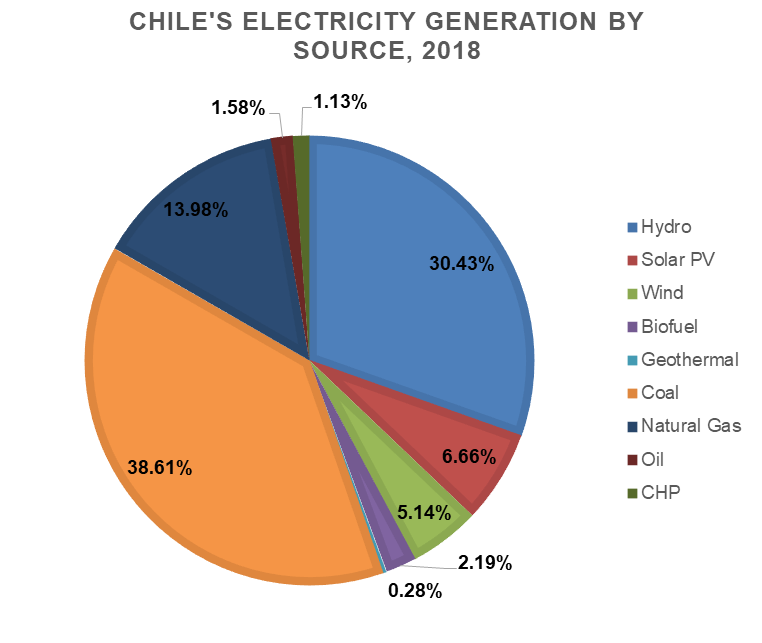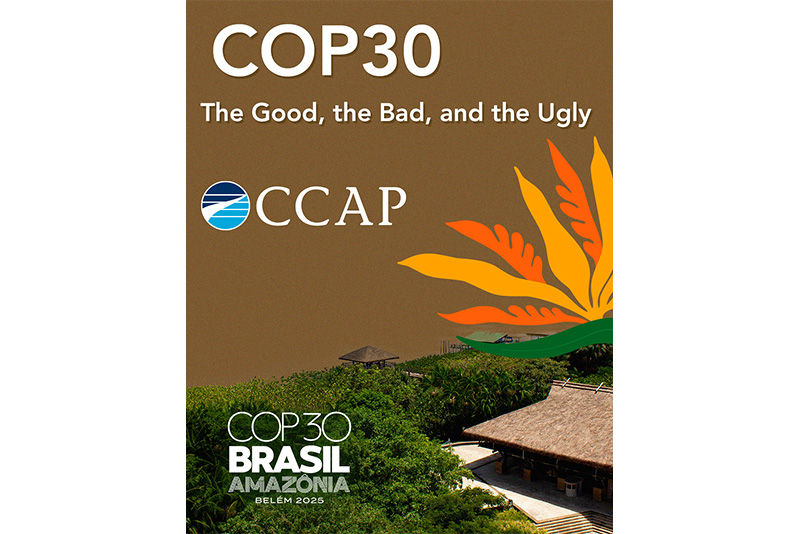Virtual Pilot Case Study: How Article 6 Can Support Energy Sector Transportation
- Stacey Davis
- Dec 19, 2019
- 3 min read
Updated: Jan 28, 2021

As showcased in the Nordic Pavilion at COP25 in Madrid, the Swedish Energy Agency and Chile’s Ministry of Energy have worked together to advance an example of a high integrity Article 6 cooperation. With support from CCAP, the virtual pilot is designed to promote higher ambition by both countries in meeting and exceeding their Nationally Determined Contributions (NDCs). In developing this virtual pilot, both parties are gaining an improved understanding of how strong cooperative approaches can be developed and implemented in practice, including fulfillment of the requirements and expectations of the Paris Agreement and future Article 6 guidelines.
The virtual pilot seeks to support Chile’s long-term plans for carbon neutrality and decarbonization of its electricity sector through incentives for “firm and flexible” renewable energy.
With extensive renewable energy potential, intermittent renewable energy is already economically competitive in Chile. However, in order to replace the existing coal-fired power generation—currently 38 percent of total generation—as called for in Chile’s decarbonization process, Chile requires firm energy resources that can be called on at night, as well as flexible energy resources that can back up the large and growing share of intermittent renewables and help mitigate transmission constraints. To avoid a situation where the existing coal-fired power generation is replaced with natural gas, this example collaboration looks at how Article 6 can jump-start investments in “firm and flexible” renewable energy.

Among the first virtual pilot project concepts to be showcased globally, the project would establish a crediting threshold at a level that exceeds both the existing renewable portfolio standard (which calls for 20 percent of generation to come from non-conventional renewable energy, or NCRE, in 2025) and business-as-usual plans for development of NCRE. New NCRE that meets the definition of “firm and flexible” would be eligible to receive Article 6 incentive payments for qualifying generation. “Firm and flexible” would be defined broadly to encourage a range of clean energy solutions and avoid picking winners. Payments could be delivered via a “reverse auction,” through which energy generators would bid the incentive they need to make the new generation economical, or via a “first come, first served” process at a certain price.
Preliminary assessments find that a carbon price of $30 per ton would make example types of new “firm and flexible” generation in Chile economically competitive with existing coal-fired power generation, making it advantageous to shut down and replace these coal plants with clean energy. This price point is well below Sweden’s carbon tax (now over $100 per ton), but significantly higher than Chile’s (set at $5 per ton), potentially hitting a “sweet spot” that would put the deal in the interest of both countries.
Over the coming year, the Parties will continue to work through the various design considerations for this virtual pilot project, such that both countries would have the information they need to decide whether or not to press forward to implementation. In particular, to warrant the corresponding adjustment, Chile will need to be sure that new “firm and flexible” generation resulting from the Article 6 incentive is truly additional to what would happen under the country’s existing policies. The final design will also need to work for the private companies expected to invest in “firm and flexible” generation.
As Chile and Sweden work through these details together, lessons and best practices from the virtual pilot experience will be shared with others seeking to make use of Article 6 cooperative approaches. With the breakdown of Article 6 negotiations this year in Madrid, virtual pilots like this one can help inform the next round of negotiations and support robust rules and guidelines.





شيخ روحاني
رقم شيخ روحاني
الشيخ الروحاني
الشيخ الروحاني
شيخ روحاني سعودي
رقم شيخ روحاني
شيخ روحاني مضمون
Berlinintim
Berlin Intim
جلب الحبيب
https://www.eljnoub.com/
https://hurenberlin.com/